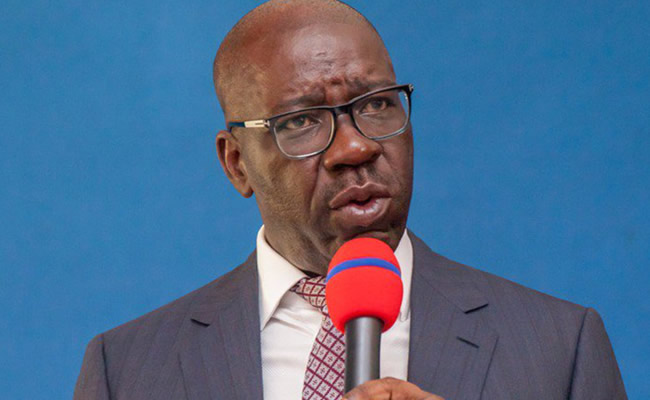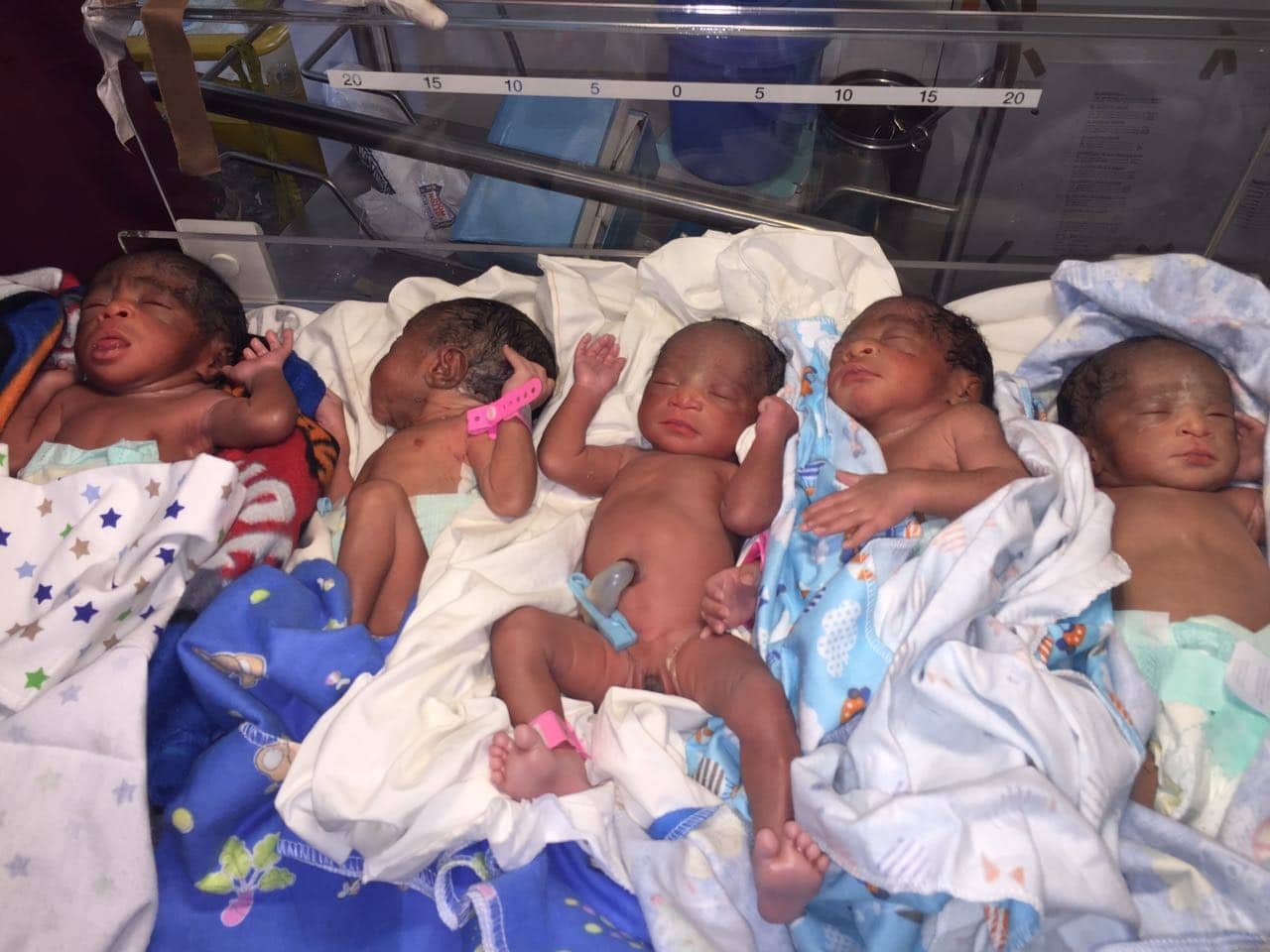59,000 Nigerian children die yearly before 5 – UNICEF, MICSAugustine Okezie

Multiple Indicator Cluster Survey (MICS), 2016-2017 has disclosed that about 59,000 children out of 5.9 million, under 5 years old die yearly.
Isiaka Olarewaju, MICS Nigeria Project director, who stated this at the dissemination of survey finding report launched in Abuja, said more and more people are deploying the use of data and this shows the importance of data gathering in Nigeria.
The event was jointly organised by United Nations Children Education Fund (UNICEF) and MICS, Olarewaju said MICS conducted survey last in 2007 and statistics has important role to play in socio-economic development of a nation.
His words: “At least, 1 out of 10 children born alive in Nigeria die before their fifth birthday. Out of 100 children born alive, 7 die before their first birthday and 4 die within the first month of life. Generally, under 5 mortality is higher in the north than south with northwest having the highest (162 per 1,000 births), and lowest in the south south.
Children living in rural areas, having mother with no formal education and living in poor household have higher probability of dying before reaching their 5th birthday.
“At least 4 out 10 under 5 children are short for their age (stunted), 3 out of 10 are short for their age (underweight) and 1 out of 10 are too thin for their height (weight)”.
On breastfeeding, more than half (54 percent) of Nigerian mothers predominantly breastfeed their children for first six months of life, about a quarter (24 percent) breastfeed their baby exclusively with breast milk only while only 1 in 5 mother in rural area and 3 out of 10 in urban areas breast feed exclusively in the first 6 months of life.
Also, about, 1 in 5 children 12-23 months are fully immunised by their first birthday with North West recording the lowest (8 percent) immunisation coverage while in South West, it recorded the highest (48 percent). The BCG and measles vaccines recorded highest coverage 53 and 42 percent respectively) while Hep B recorded the lowest (30 percent).
The Survey further expressed satisfaction in the increase in access to the use of improved water and sanitation adding that about two third (64 percent) of household in Nigeria have access to improved water sources, a little more than one-third (36 percent) of household have access to improved sanitation while just 1 out of 4 households have access to improved water source and sanitation.
“More household in urban areas have access to both improved water sources and sanitation than rural households”.
In her remarks, UNICEF Deputy Representative, Penile Ironside described the survey as one that will help Nigeria re-direct its resources in order to deliver services to its citizens adding that the agency is ready and committed to continue to collaborate the country with aim of improving their citizens’ lives.
‘”It will help to monitor progress both local and international as it concerns children and women development”.
However, the Statistician General of the Federation, Yemi Kami frowned on the attitude of some Nigerians who are in habit of politising data generated because of the financial benefits they stand to gain adding that the survey is extremely important not just for measuring funds spent but also to help improve the lives of the people and must not be joked with.








